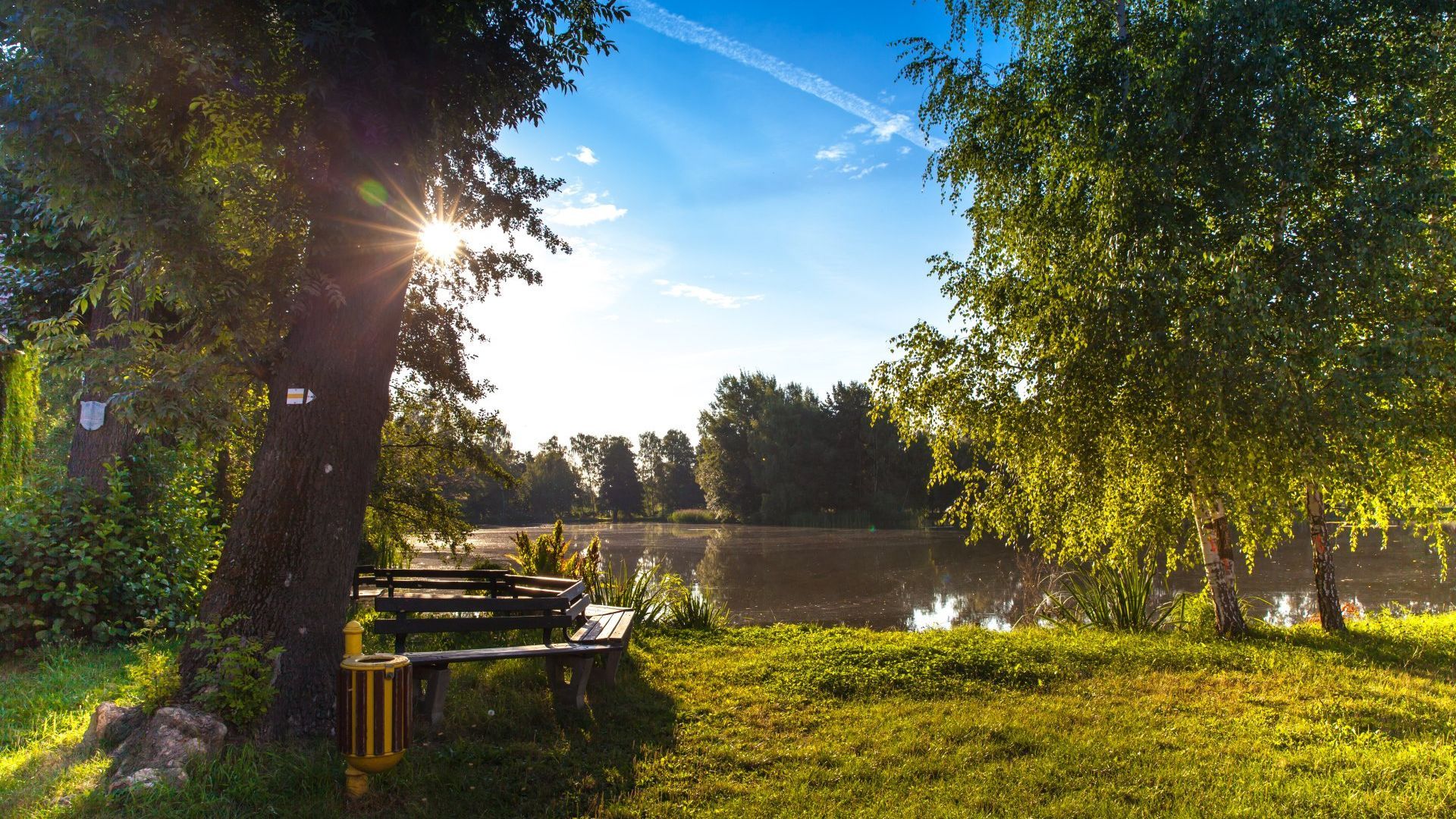5 Tips to Housetrain Your New Pet While Living in a Small Space
California’s shelter-in-place order has proven to be extremely beneficial for animal shelters throughout the state. Being quarantined at home, as it turns out, is a wonderful time to adopt a dog or cat. Your new family addition can better acclimate and quickly get potty trained now that you’re consistently home.
While cats tend to be easier to housetrain as long as there’s easy access to a litterbox, puppies (and even some older rescue dogs) definitely require more attention once you bring them home. To help make the transition a smooth one, here are five tips for housetraining your new fur baby when living in an apartment or townhome.
1. Set up a routine.
Establishing a clear daily routine for your new pet is the very first step to creating a loving environment for your new family member. Set up a schedule for meals, walks, bedtimes, and even play breaks. Remember, puppies typically require potty breaks every hour, immediately after waking or coming out of their crate, and within 10 minutes of eating, drinking, or playing. This puppy potty log is a great way to keep track of your routine.
2. Praise good behavior.
Everyone loves earning a reward for a job well done, right? Pets are no exception. When your new rescue pet or puppy is trying to adjust to a new home and schedule, there are bound to be accidents. That means it’s even more important to reinforce positive behaviors. Did Sparky go piddle outside after being in his crate for several hours? Give that boy a biscuit. But don’t go in the opposite direction and punish for accidents.
3. Crate train.
Training your dog to sleep in a crate is not just about protecting your plush carpet or hardwoods from accidents. In addition to housetraining, crate training is essential for creating a safe place for your pet, preventing damage, and allowing for safe traveling. When living in a small space that might not have a convenient doggie door to the backyard, crate training is key to keeping every pet and their human happy.
4. Designate play areas.
Because space, both indoor and outdoor, isn’t always plentiful when living in a housing complex, it’s important to establish some specific play areas for your new pet to get that energy out. Inside, designate a play space where you can keep all their toys. Outside, scope out the grassy areas in the neighborhood as well as the nearest dog parks. Those dog parks will be a great way for your new furry friend to socialize with other dogs.
5. Prep for loud noises.
Just like a new baby, loud noises are bound to startle a new puppy. Living in an urban area, you’re likely to encounter those noises even more frequently. Work to reassure your puppy that honking horns, loud music, car alarms, and even sirens are not threatening.
By adhering to a routine, praising only good behavior, crate training, setting up specific play areas, and downplaying loud noises, you will better housetrain your new pet for your apartment-living lifestyle.







